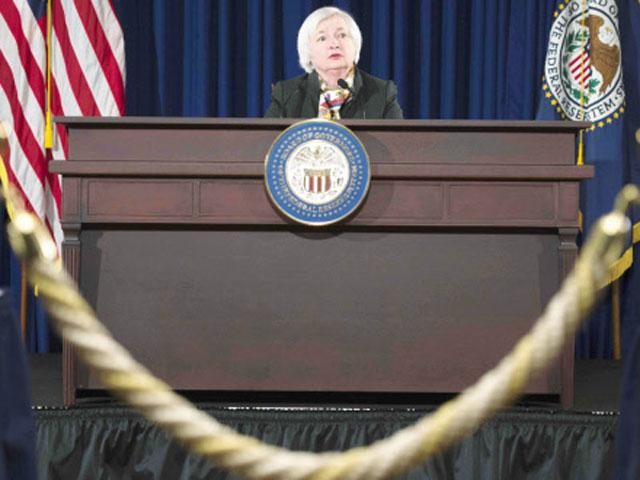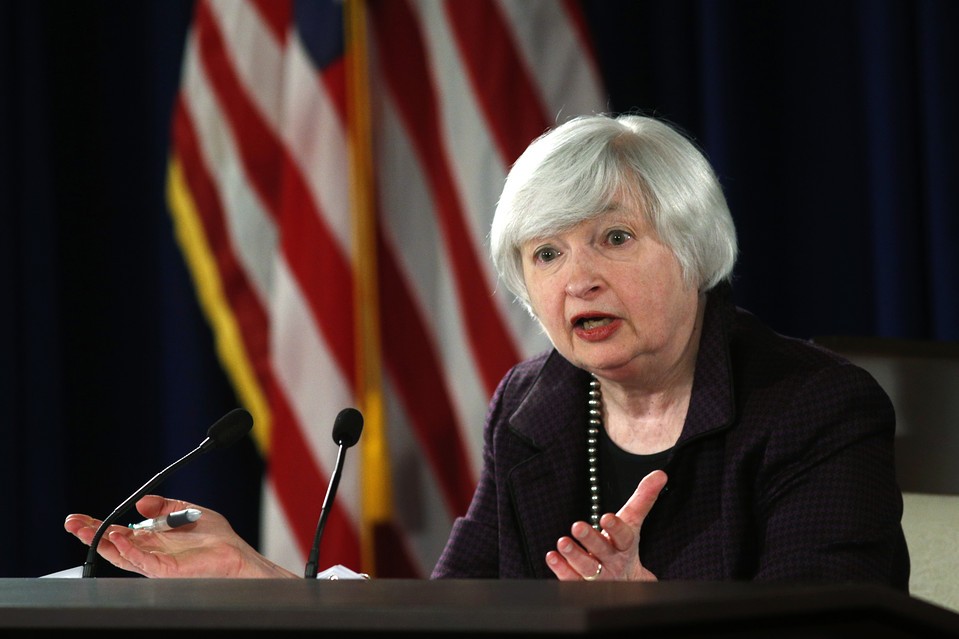The investor s guide to rate hikes
Post on: 4 Апрель, 2015 No Comment

Rising interest rates are bad — very, very bad. That’s the prevalent message being made loud and ominously clear to investors as markets brace for the inevitable end to the ultra-loose monetary policies south of the border and elsewhere around the world.
The warning, while important to heed, doesn’t quite add up. It’s true that many investors will take a hit from interest rate increases down the road — and, make no mistake, rates will rise — but the impact on the bonds, stocks, commodities and other asset classes that line their portfolios will be far more variable. Rising rates may even have a net positive effect on performance given the right economic backdrop.
With that in mind, heres a quick guide on what might happen to five asset classes when rates do rise.
Bonds are the most interest-rate sensitive asset class and generally do not perform well during periods of rising interest rates.
Susanne Alexandor, managing director and head of wealth management at Cougar Global Investments Ltd. in Toronto, said bonds tend to perform better when rates rise because of inflation scares rather than strong economic growth. This is perhaps surprising, she added, but it is because investors generally have faith in the ability of central banks to fight high inflation.
“Corporate bonds, in particular high yield and emerging markets, offer the best opportunities as the higher yields offered by these lower credits help offset the capital losses,” Ms. Alexandor said.
Equity markets are expected to falter a bit in the initial rate-hike stages as investors bemoan the end to accommodative monetary policies. But Colin Cieszynski, a market analyst at CMC Markets Canada in Toronto, said any losses would be short lived as long as the economy continues to improve.
Greg Newman, associate portfolio manager at The Newman Group in Toronto, adds that rates on the rise for the right reasons, such as better economic growth, are usually good for most equities. “Stocks that actually do better with rising rates such as insurance companies, asset managers and financials usually have an extra wind at their back,” he said.
But if interest rates are rising to counteract inflation, Mr. Newman believes the opposite would be true and many stocks would falter.
The potential for rate hikes poses a problem for investors in both private and publicly-traded real estate investments such as REITs, especially now that they have become so popular as a fixed-income alternative. Indeed, just the threat of higher rates has sent a chill through the sector in recent months.
Arthur Salzer, CEO at Northland Wealth Management in Markham, Ont. said one of the most important factors that investors need to determine is whether these types of investments have the ability to increase their distributions over time to offset the impact of rising rates. “Initially, however, on anticipation that interest rates might increase, market values are likely to fall,” he said.
Commodities have been clobbered lately, but rising interest rates may actually fix those woes.
Like stocks, Mr. Newman said the asset class should perform well in an environment of steady economic growth. But, unlike equities, they should also benefit in an overtly inflationary climate.

Gold is no exception, Ms. Alexandor said, noting the yellow metal is a global inflation hedge and store of money, while jewellery demand increases the attractiveness of gold during more normal growth scenarios. But there are some risks.
“A substantial rise in interest rates could negatively affect gold as the opportunity cost of holding gold as a non-income-generating asset would affect its valuation, she said.
Infrastructure
There are several reasons to believe infrastructure assets, which have become staple investments of the country’s largest pension funds, will tumble in value once interest rates start to rise.
The main arguments are that infrastructure companies, which have assets such as toll roads, are nothing but bond proxies and that the industry is more susceptible to higher interest costs because it uses debt more than others.
RARE Infrastructure Ltd. a global fund manager based in Australia, doesn’t agree, however, and believes the outcome is far more binary. If interest rates rise over the next six to 12 months because inflation expectations increase, it believes infrastructure as an asset class will benefit and the portfolio should reflect this.
But, it adds, if interest rates are rising in the same time period even after accounting for inflation, the value of most assets will be negatively impacted.”














